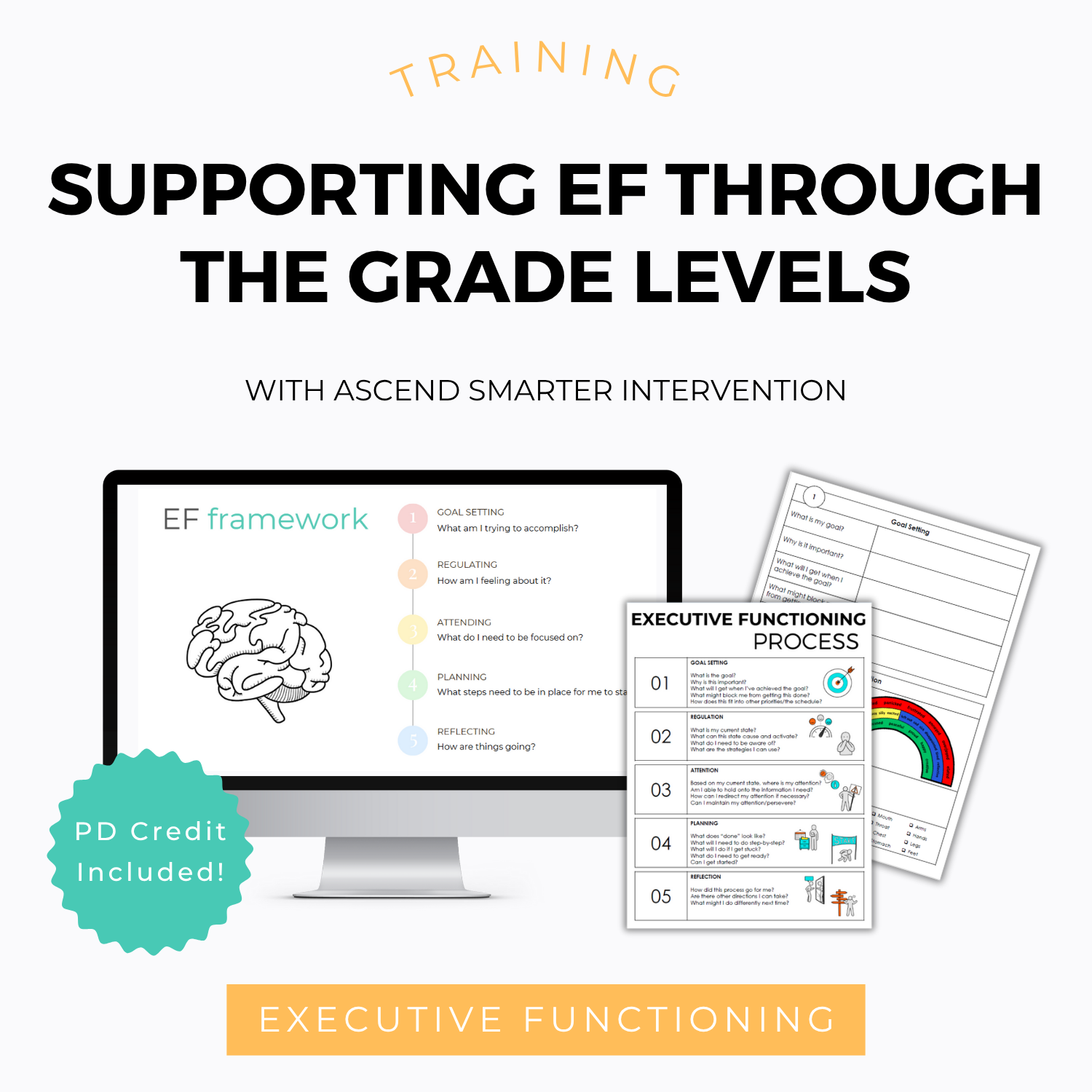Why You Should Hope Your Child Loses
Every single day children are presented with learning opportunities for Executive Functioning skill development, many of which go unnoticed by the child.
This can be for a few different reasons.
First, the child and parents may be focusing on something else. Many of our students struggle with learning disabilities, so the struggle to get through their spelling homework does not leave much room for EF growth.
Often, we expect children just to “pick-up” on these skills so we don’t take the time to teach them explicitly.
Other times, we are trying to protect children from failure.
While we do not ever advise making a child feel like a failure, being a failure and losing are two very different things.
It seems these days that we are afraid to let our children experience what it feels like to lose... at anything! Somehow losing a basketball game turns into getting 2nd place out of two. We see ribbons and awards for all participants, instead of awarding these to the children who may have truly earned them. This is done with the intent of making all children feel included and valued, but we are really taking away an important learning opportunity for kids.
When a child loses, this offers several executive functioning development opportunities. For example, it helps teach a child:
Inhibition
Problem Solving
Etc.
When we try to avoid a child losing, we neglect to teach them crucial skills they will need for the rest of their lives. Consolation trophies will not ease the pain of a college rejection letter. They won't help a student learn to seek out challenges and grow their abilities. They won't help a child learn to be a gracious winner or encourage them to keep trying when something doesn't work the first time.
Again, we never want a child to feel like a failure, but being exposed to what it feels like to lose can create so many learning opportunities for children. We need to encourage a growth mindset and help our kids grow from their defeats, not make them feel like they are good at everything. Life comes with challenges and by shielding kids from negativity we are doing a disservice to their development.
Want to take these strategies further?
Check out our Spotlight PD: Supporting Executive Functioning Through the Grade Levels.
This 1-hour on-demand training gives you a clear, practical framework to support attention, planning, regulation, and goal-setting from kindergarten through high school.
Executive functioning is one of the most talked-about topics in education right now, but most educators are asked to support EF skills without ever being shown how.
This training changes that.
You’ll get a simple 5-step framework, real examples from K–12 classrooms, and ready-to-use tools you can implement right away, without needing a separate curriculum or a total schedule overhaul.
Aligned with research on brain development
Designed for general ed, intervention, special education, or home settings
Includes a printable EF graphic organizer + 1-hour PD certificate


